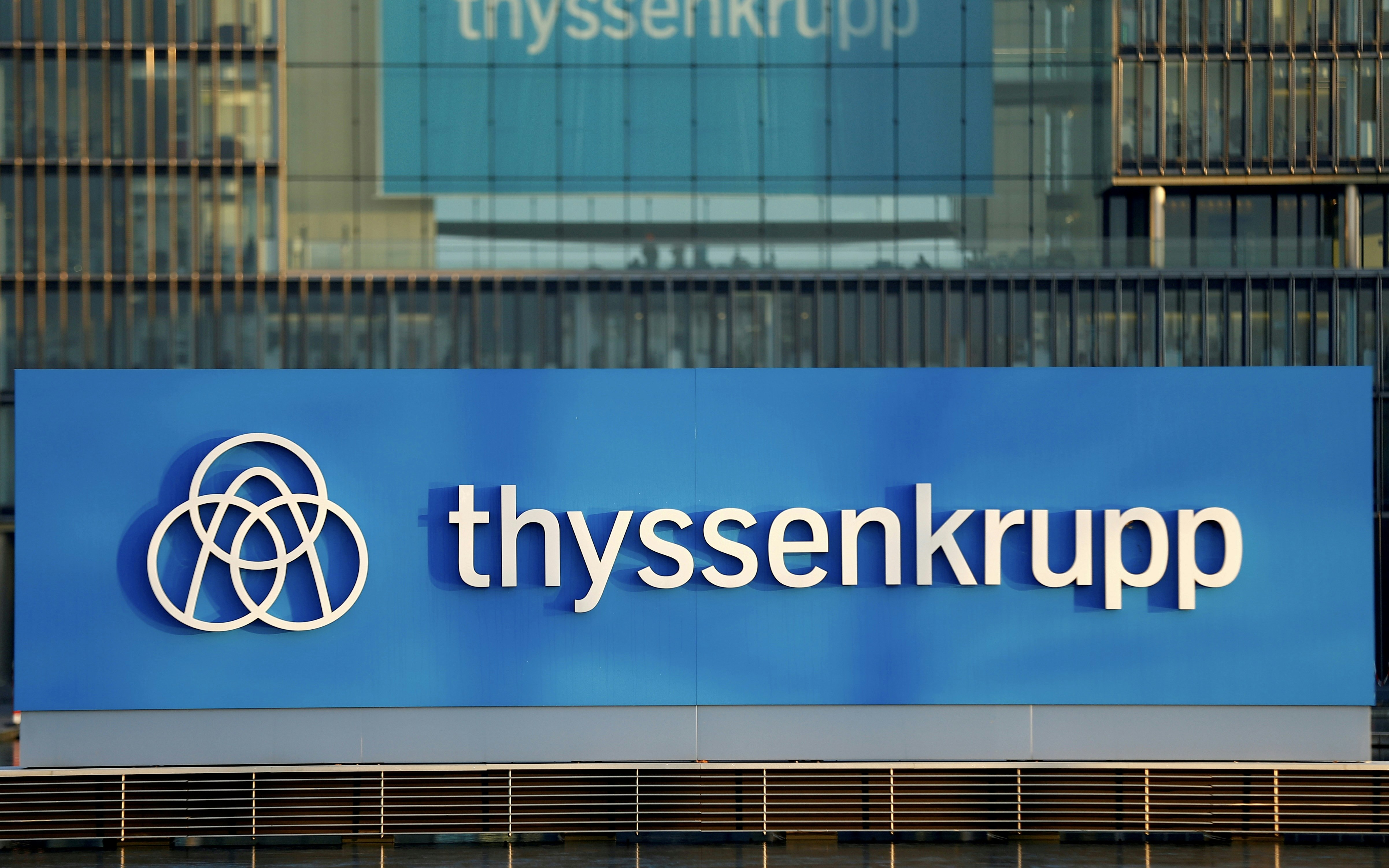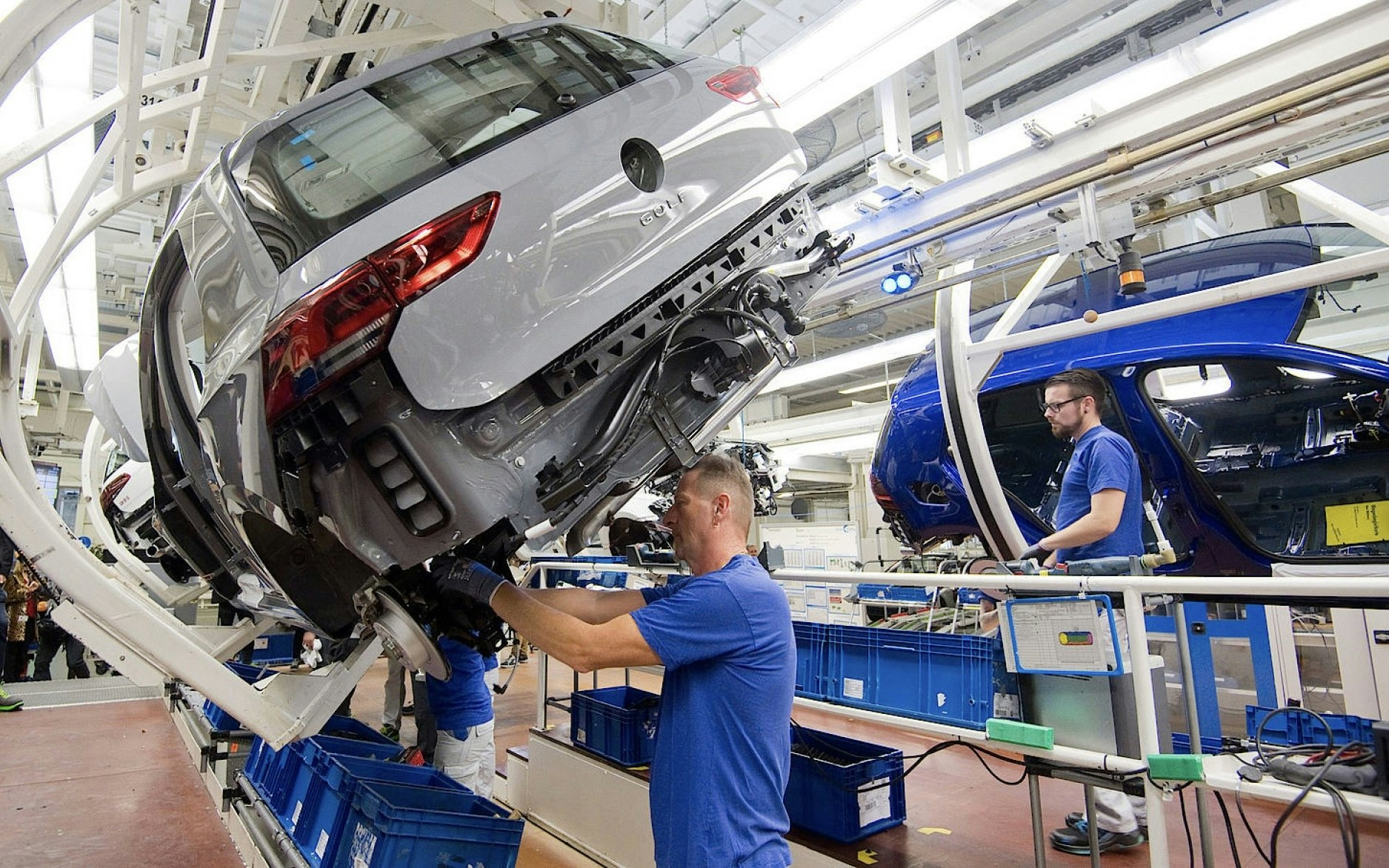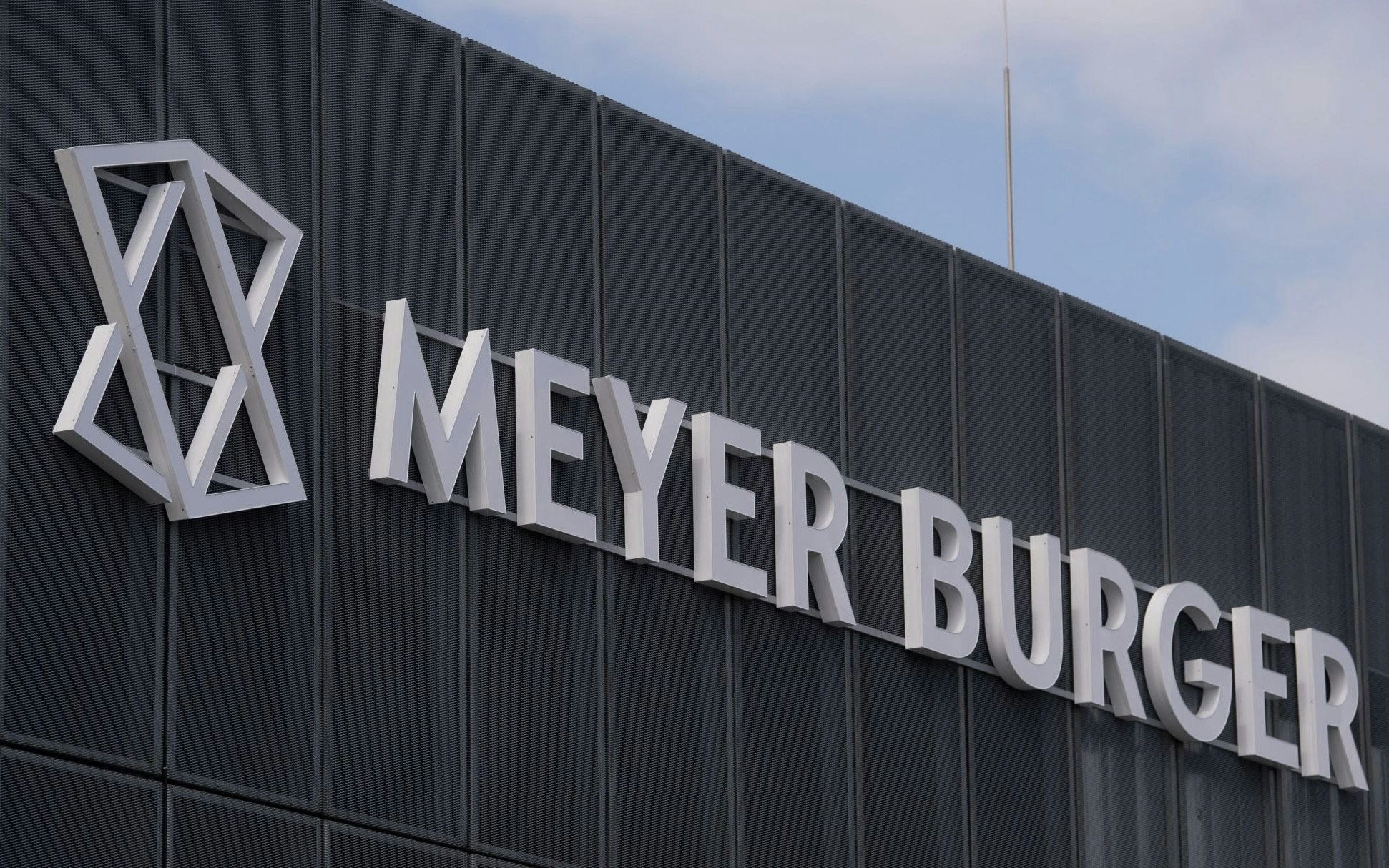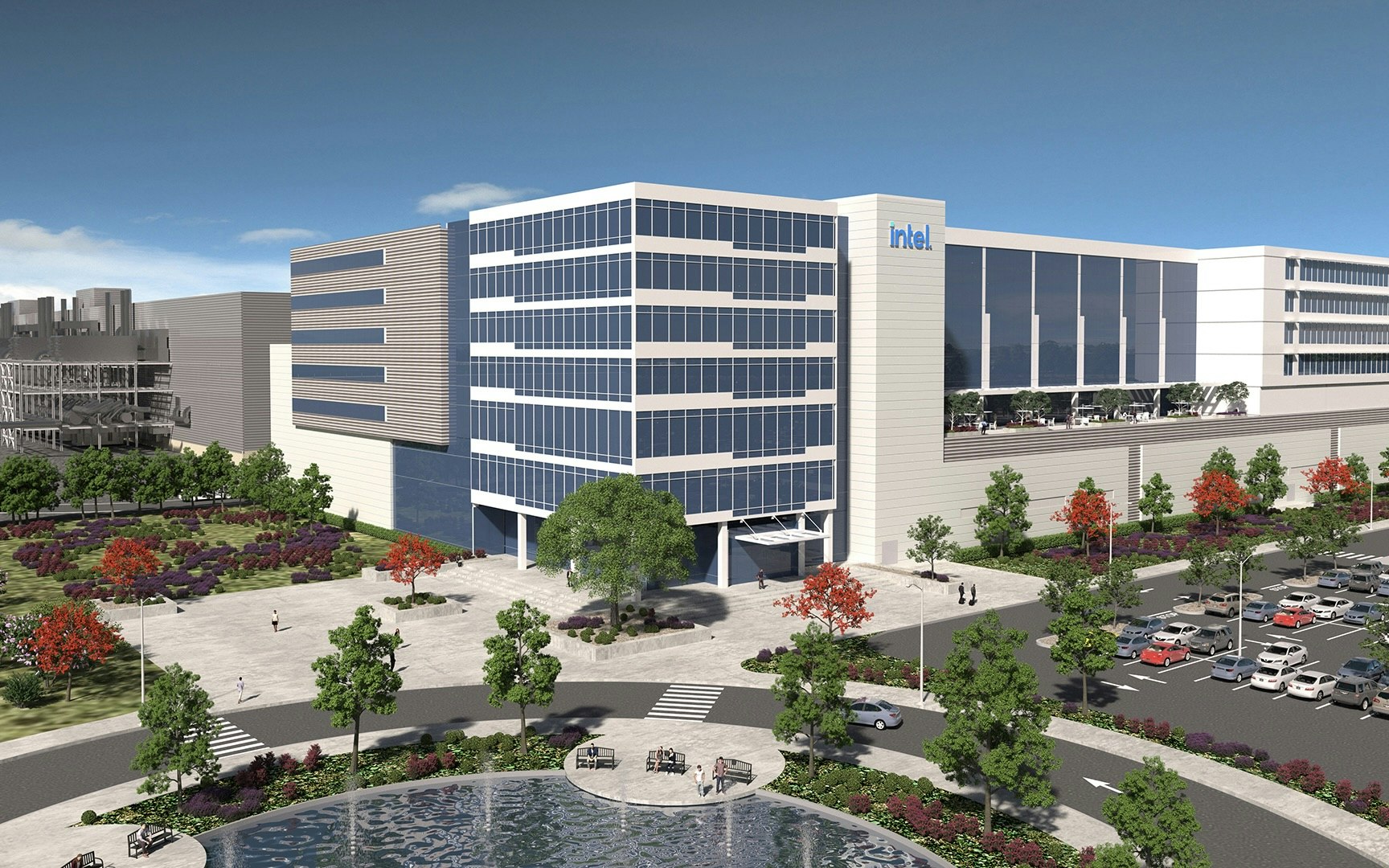Technology
Legacy car manufacturers struggle in the race for software dominance: Tesla and Chinese competitors pull ahead
The automotive industry is undergoing a fundamental shift towards software-driven vehicles.
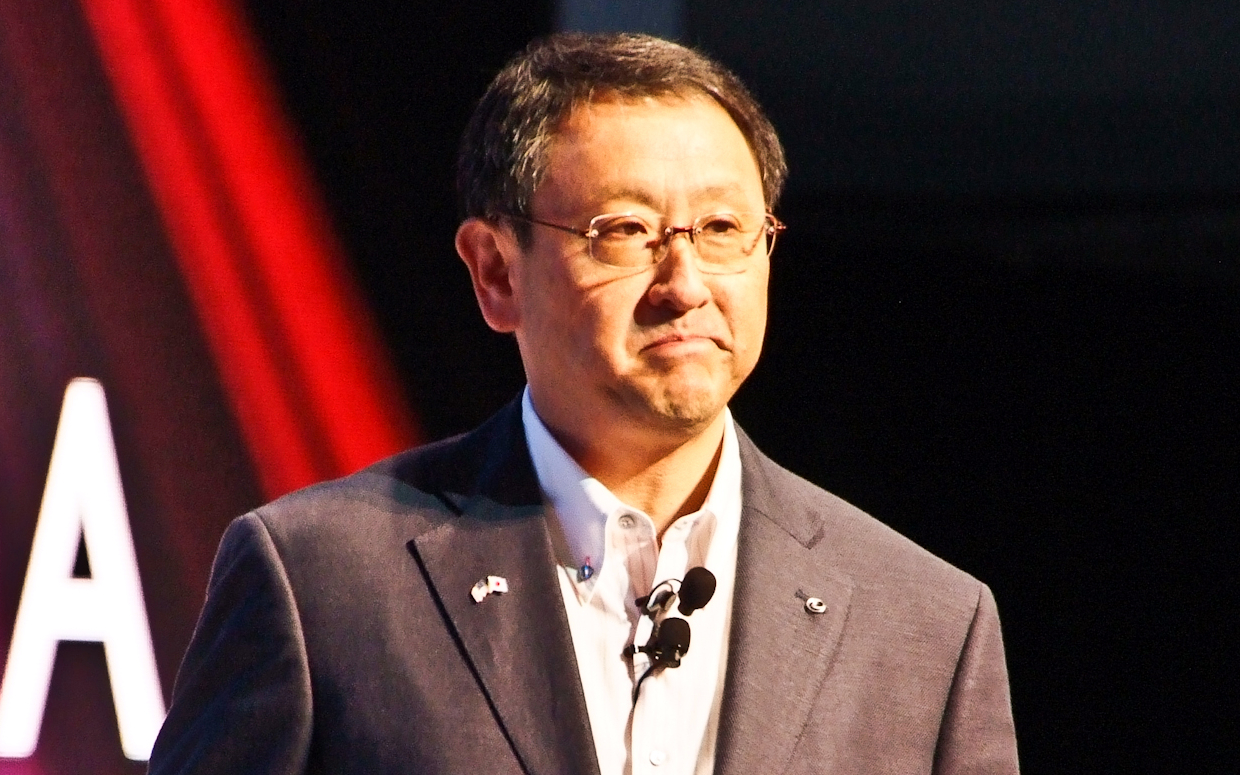
The global automotive industry is facing a profound transformation in which software becomes the crucial component for future success. However, major automakers like Toyota, Volkswagen, and General Motors are increasingly falling behind leaders such as Tesla and Chinese competitors like Nio, Xpeng, and BYD. This is according to the latest "Digital Automaker Index" from the consulting firm Gartner, which evaluates the digital capabilities of car manufacturers.
Of the established manufacturers, only Ford, GM, and BMW made it into the top 10 of the ranking, while the majority is dominated by technology-focused startups such as Tesla, Rivian, and Lucid. This development highlights the growing disparity between traditional carmakers and new players who view software as a central element for vehicle operation – from battery and safety features to autonomous driving and connectivity.
It's a tough transition," said Anders Bell, Chief Engineering and Technology Officer at Volvo Cars. "You need both a change in mindset and technological adjustments." Volvo's new electric SUV, the EX90, relies on advanced software and Nvidia chips, but the manufacturer also faced delays and issues in developing a central computer architecture.
Certainly! Here's the translated heading in English:
"For established manufacturers like Renault, Volkswagen, and Toyota, the shift to software-driven vehicles not only means higher development costs but also the need to attract experts from the tech industry. This often results in cultural conflicts and internal tensions. Volkswagen had to partner with the US start-up Rivian after budget overruns and delays at its in-house software subsidiary Cariad to advance its software plans.
The attractiveness of software, however, lies not only in the improvement of vehicle functions. It also offers the opportunity to generate additional revenue through subscriptions for services such as insurance, maintenance, and repairs. Forecasts suggest that the market for digital services could grow to $3.5 trillion by 2040 and account for almost 40 percent of the automotive industry's revenues.
Nevertheless, the Gartner Index shows that many traditional automakers are at risk of missing this trend. Analysts estimate that developing their own operating system for vehicles costs at least 11 billion US dollars – an investment that only a few manufacturers can afford.
The challenges for the established players are significant. Although some manufacturers like Ford have seen success in introducing paid software services, they continue to struggle with high losses in the electric vehicle business. "If automakers do not keep pace with the speed of technological development, they will fall behind," warned Bell of Volvo.





